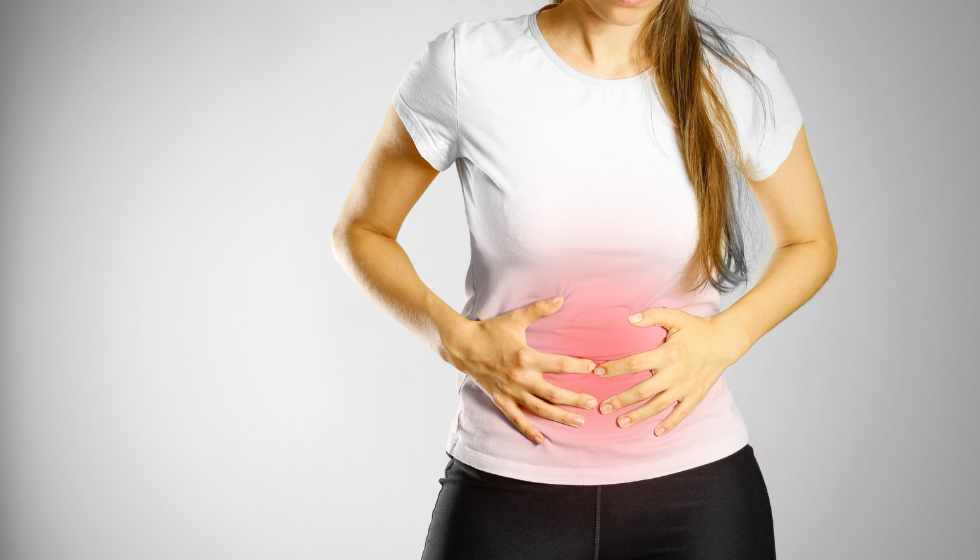A study revealed endometriosis is associated with “a significantly increased risk” of developing cardiovascular problems. Bad news for the 10% of women who suffer from this gynecological disease.
This gynecological condition, which sees the uterine lining grow outside the uterus, causes severe pain and fertility problems in people suffering from it. But it seems that these are not the only consequences.
According to a new study conducted by researchers, there is a potential link between endometriosis and an increased risk of cardiovascular disease.
Higher cardiovascular risk in the case of endometriosis
This observation results from a meta-analysis of six cohort studies carried out on 254,929 participants without distinction of age or severity of the disease. By comparing subjects with or without endometriosis, the researchers found a link with cardiovascular pathologies:
Pain, arterial stiffness, and falling hormones involved?
For the researchers, several reasons could explain this unfortunate association.
- The first is the oxidative stress and high blood pressure generated by the pains of the disease. “Certain analgesic drugs may increase the risk of coronary heart disease.
- The emotional and psychological stress resulting from pain also increases the risk of cardiovascular disease,” advanced the researchers. Two studies have suggested another possible cause:
- Endometriosis could increase arterial stiffness in premenopausal women. However, we also know that arterial stiffness is an early marker of changes in the arterial wall. And therefore constitute a cardiovascular risk.
- The duration of oral contraceptive administration in women with endometriosis was also positively associated with the risk of cardiovascular disease, as was potentially treatment-induced early menopause. The researchers thus evoke a possible risk in the event of treatment of the disease by hysterectomy or ovariectomy, which, however, requires to be better exploration: “While two studies suggest that the surgical treatment of endometriosis with these procedures increased the risk of disease heart disease and stroke compared to women without endometriosis, another study found no difference in cardiovascular outcomes between the two groups.”
Hysterectomy has been associated with an increased risk of cardiovascular disease in women younger than 50. But some studies suggest that the sudden drop in estrogen concentration increases the risk when hysterectomy is combined with oophorectomy. Further research will need to be conducted to identify the risks better.
Towards a better cardiovascular follow-up in case of endometriosis?
In conclusion, the results indicated that endometriosis significantly increased the risk of cardiovascular disease in women. Surgical treatment options for endometriosis, psychological stress, and analgesic medications prescribed to manage chronic pelvic pain could also help explain this excess risk.
Concretely, managing women with endometriosis should ideally involve prevention and regular monitoring of their cardiovascular health.


